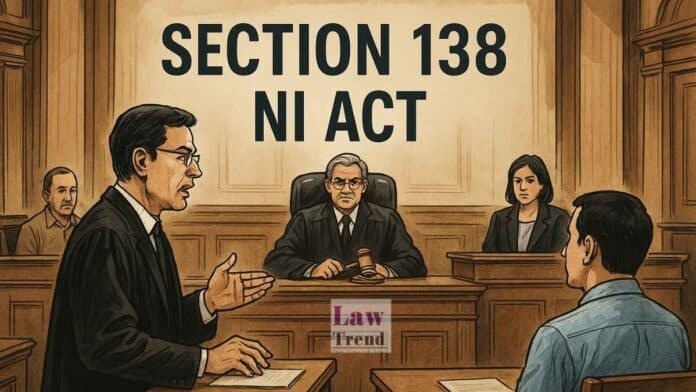The Bombay High Court, sitting at its Nagpur Bench, has ruled that criminal proceedings for cheque dishonour under Section 138 of the Negotiable Instruments Act, 1881 (NI Act) can continue against the directors of a company, even if insolvency proceedings under the Insolvency and Bankruptcy Code, 2016 (IBC) were initiated against the company prior to
To Read More Please Subscribe to VIP Membership for Unlimited Access to All the Articles, Download Available Copies of Judgments/Order, Acess to Central/State Bare Acts, Advertisement Free Content, Access to More than 4000 Legal Drafts( Readymade Editable Formats of Suits, Petitions, Writs, Legal Notices, Divorce Petitions, 138 Notices, Bail Applications etc.) in Hindi and English.




